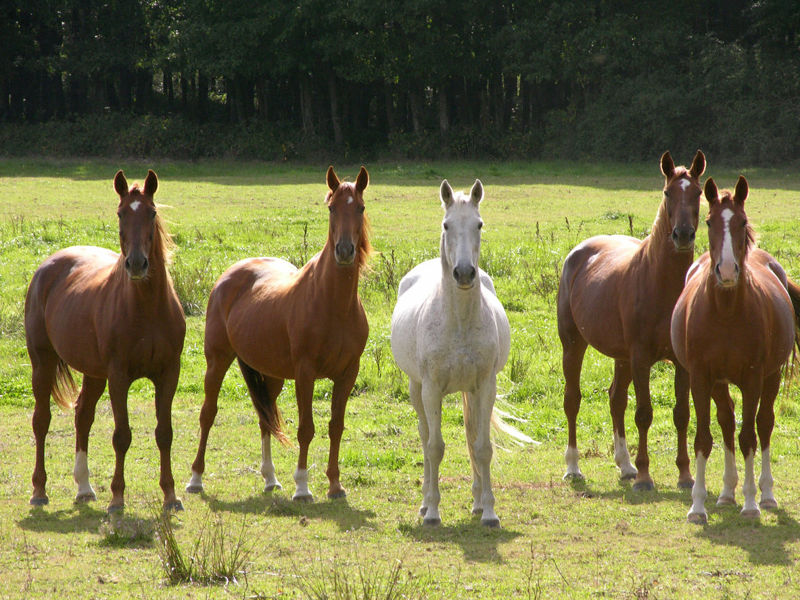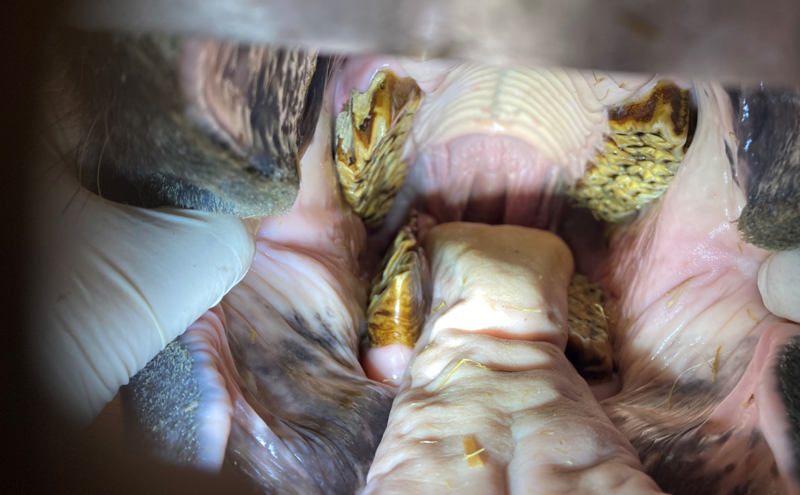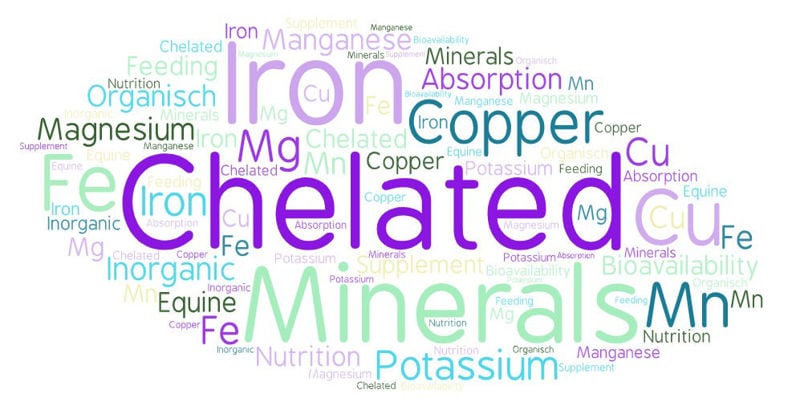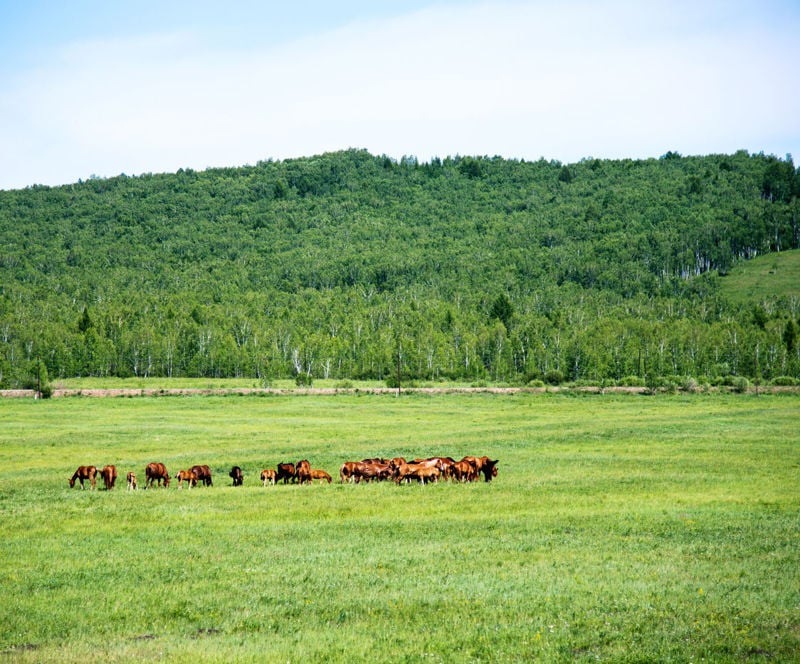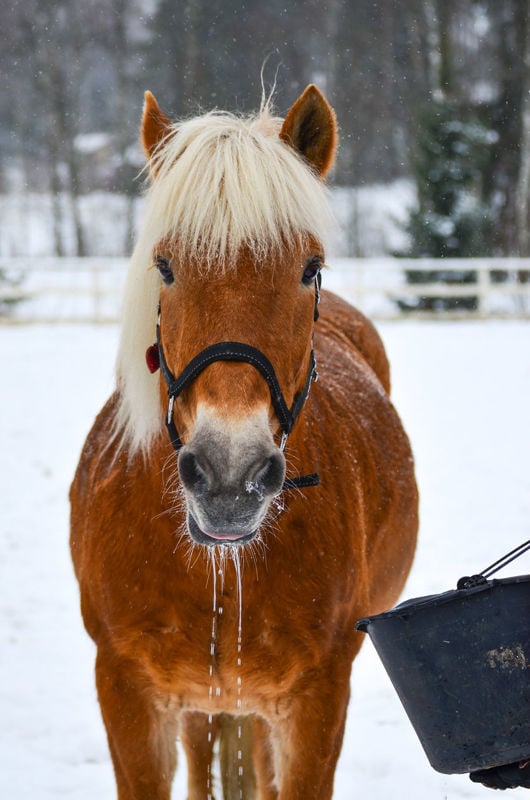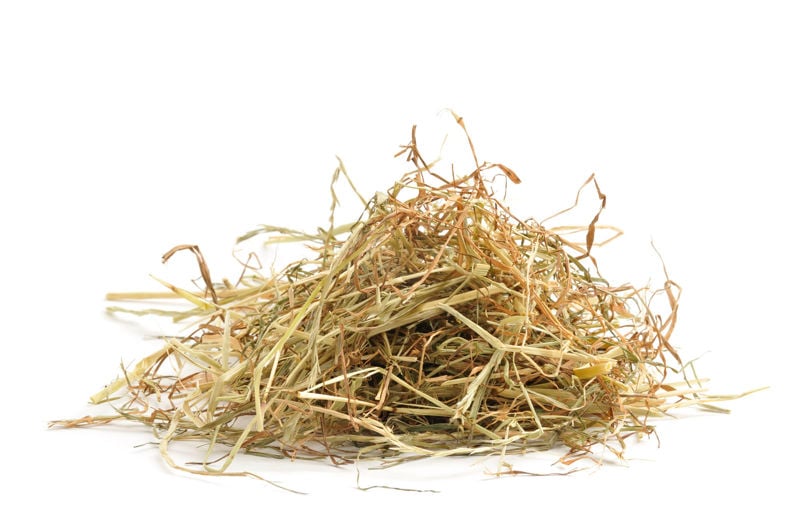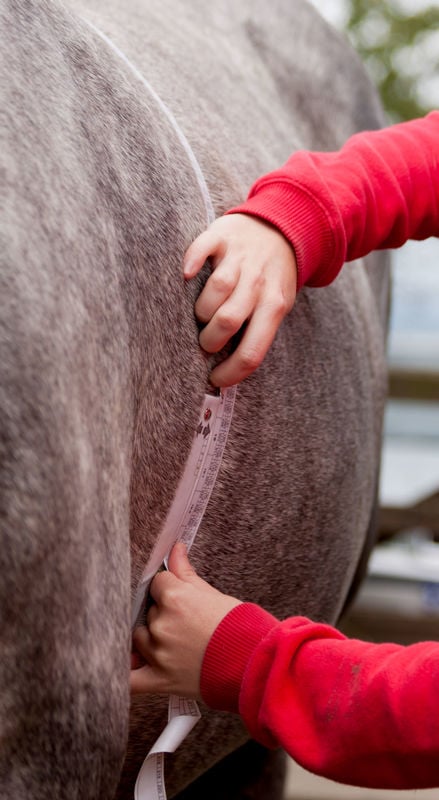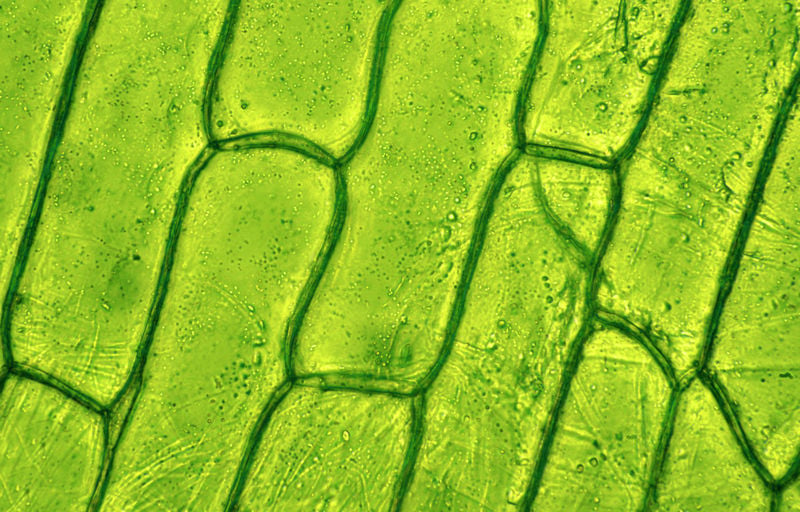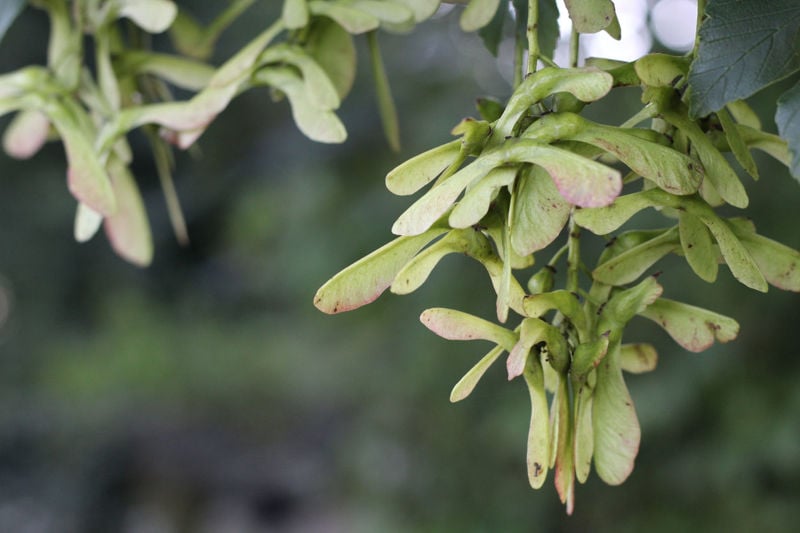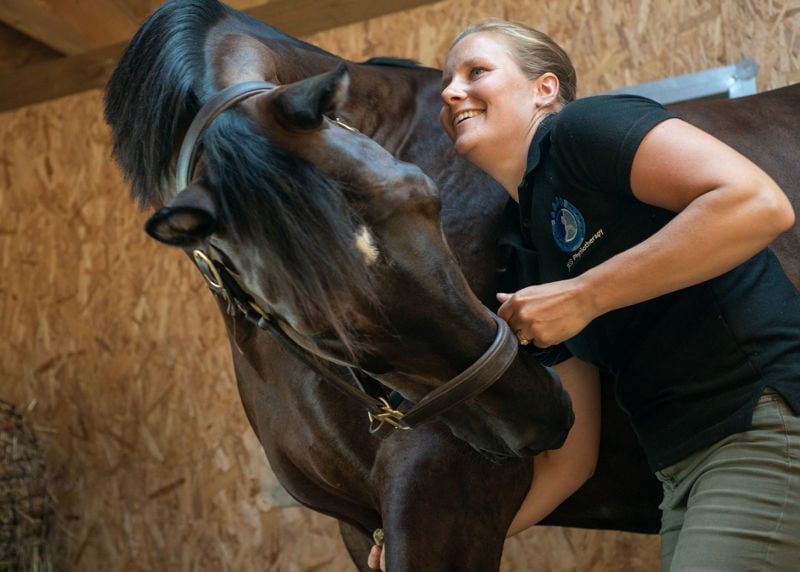Feeding horses seems to have become a complicated business. This short article written by our Registered Nutritionist outlines the key points to consider when deciding what to feed your horse and in what quantities...
Filters
Blog Options
Blog archive
- 2025
- 2024
- 2023
- 2022
- 2021
- 2020
- 2019
- 2018
- 2017
- 2016
- 2015
- 2014
Close
45 YEARS AT THE CENTRE OF EQUINE NUTRITION™

- Bespoke All-in-One™
-
Products
- Back
- Horse Joint Supplements
- Horse Digestion Supplements
- Horse Muscle Supplements
- Horse Vitamins & Minerals
- Horse Calming Supplements
-
Horse Respiratory Supplements
- Back
- Clarity®
- Horse Hoof Supplements
- Horse Skin & Coat Supplements
- Horse Health Supplements
- Supplements for Older Horses
- Horse Breeding Supplements
-
Horse Hormone Supplements
- Back
- Hormonease™
- Horse Treats
-
Herbs for Horses
- Back
- Boswellia
- Burdock Root
- Celery Seed
- Chamomile
- Chastetree Berry
- Cider Apple Vinegar
- Cinnamon
- Clivers
- Comfrey
- Dandelion Roots & Leaves
- Devil's Claw
- Echinacea
- Fenugreek Seeds
- Fussy Feeder
- Garlic Powder
- Hawthorn
- Hedge Herbs
- Liquorice
- Marigold Flowers
- Marshmallow Root
- Meadowsweet
- Milk Thistle Seeds
- Mint
- Nettle
- Rosehips
- Seaweed
- Slippery Elm
- Spirulina
- Turmeric
- Yucca
- Canine
- Gift Cards / Rewards
- ABOUT US
- Contact Us
- Knowledge base
Menu
-
Products
- Back
- Horse Joint Supplements
- Horse Digestion Supplements
- Horse Muscle Supplements
- Horse Vitamins & Minerals
- Horse Calming Supplements
-
Horse Respiratory Supplements
- Back
- Clarity®
- Horse Hoof Supplements
- Horse Skin & Coat Supplements
- Horse Health Supplements
- Supplements for Older Horses
- Horse Breeding Supplements
-
Horse Hormone Supplements
- Back
- Hormonease™
- Horse Treats
-
Herbs for Horses
- Back
- Boswellia
- Burdock Root
- Celery Seed
- Chamomile
- Chastetree Berry
- Cider Apple Vinegar
- Cinnamon
- Clivers
- Comfrey
- Dandelion Roots & Leaves
- Devil's Claw
- Echinacea
- Fenugreek Seeds
- Fussy Feeder
- Garlic Powder
- Hawthorn
- Hedge Herbs
- Liquorice
- Marigold Flowers
- Marshmallow Root
- Meadowsweet
- Milk Thistle Seeds
- Mint
- Nettle
- Rosehips
- Seaweed
- Slippery Elm
- Spirulina
- Turmeric
- Yucca
- Canine
- Gift Cards / Rewards
- ABOUT US
- Contact Us
- Knowledge base
Dr. Stephanie Hyland BSc (Hons)
 Please call Stephanie Hyland MSc. RNutr. on 0800 585525
Please call Stephanie Hyland MSc. RNutr. on 0800 585525
for qualified nutrition advice.
 Please call Stephanie Hyland MSc. RNutr. on 0800 585525
Please call Stephanie Hyland MSc. RNutr. on 0800 585525 for qualified nutrition advice.
Blog
Andrew Peffers BVetMed Cert AVP (Equine Dentistry) BAEDT MRCVS takes an in-depth look at some dental diseases affecting horses, and explains why regular dental care is so important.
Minerals have important functions in the horse’s body and therefore are an essential part of the horses diet. Our nutritionist investigates the benefits of chelated minerals in equine nutrition.
Horses turned out on grass are likely to have issues with parasites throughout their life. Anouk Frieling, Senior Nutritionist, investigates the importance of controlling and managing parasite infections.
Winter is a dark and cold time of year where keeping yourself and your horses warm becomes the main priority, probably the last thing on your mind is that your horse could become dehydrated. Assistant Nutritionist, Rebecca Allan, discusses how you can ensure your horse is kept hydrated throughout winter...
Professor Murray and Dr. Daniels explore the different types of forage available, helping you to choose the best option for your horse this winter.
Feedmark's Nutritionist investigates the ways in which you can manage your horse's grass intake...
As horse managers we are aware that time at grass is important for our equine companions. Dr. Simon Daniels explores what is the real nutrient content of grass for horses.
Our Nutritionist investigates what Atypical Myopathy is and how you can reduce the risk for your horse
Learn all about the role of Amino acids in the horse's body and why stretching is so important, for horses.
Whether you’re at home with your furry companion or out at a competition, hydration is key. Before grabbing your hat and boots or your dog’s lead, consider whether they are well hydrated and how you can reduce the risk of dehydration.
To help raise further awareness and stop the stigma associated with Strangles, Feedmark's Science and Nutrition Department explain what it is and the potential symptoms. Our Senior Nutritionist also gives advice on how to prevent an outbreak and what to do if you think your horse may have this common bacterial disease.
Copyright © 2025 Feedmark Ltd. All rights reserved.
